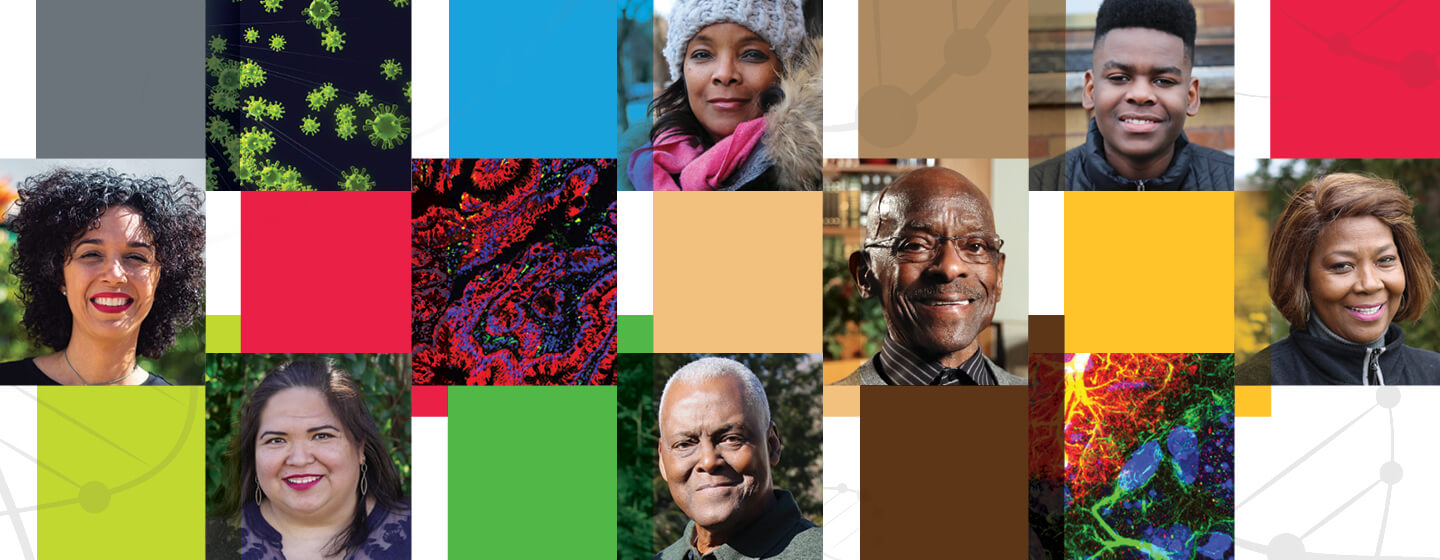Membership by the Numbers
Based in 127 countries around the world, the AACR’s 47,000 members share a passion for scientific discovery—and a focus on improving the lives of cancer patients. AACR programs and initiatives forge connection and communication among its members and power groundbreaking advances in all areas of cancer science, from epidemiology, prevention, early detection, and interception, to basic, translational, and clinical research.
MEMBERS BY CATEGORY

Active Members: Established laboratory researchers, physician-scientists, clinicians, and population scientists
Associate Members: Young laboratory scientists and physicians-in-training (graduate students, medical students and residents, and clinical and postdoctoral fellows)
Student Members: Undergraduate and high school students
Emeritus Members: Active members who have reached the age of 70 years
Affiliate Members: Other health care professionals (practicing oncologists, nurses, laboratory technicians, nonscientific corporate professionals, and patient advocates)
4,227
New members joined the AACR in 2020.
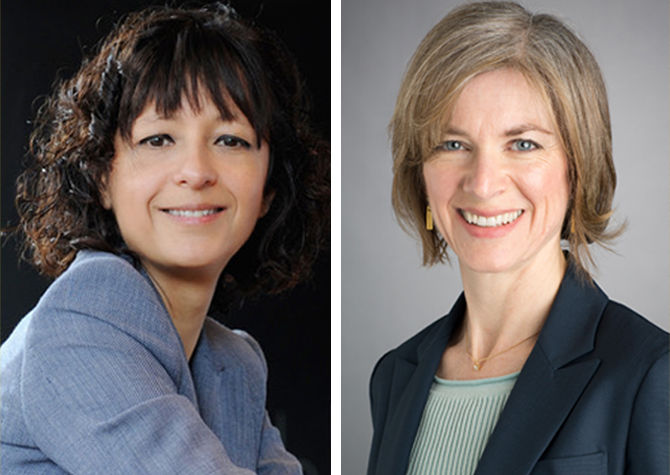
74
Nobel Laureates have been members of the AACR, including Emmanuelle Charpentier, PhD, FAACR, and Jennifer A. Doudna, PhD, FAACR, who were awarded the Nobel Prize in Chemistry in 2020 for developing the CRISPR/Cas9 genome-editing system. This marks the third consecutive year in which AACR members (and Fellows of the AACR Academy) have been awarded a Nobel Prize in a scientific field.
4,265
Individuals have been AACR members for more than 25 years.
200
Individuals have been AACR members for more than 50 years.
127
Countries are represented by AACR members.
321
Patient advocates are members of the AACR.
MEMBERS BY WORK SETTING

MEMBERS BY RACE/ETHNICITY

MEMBERS BY GENDER

Diversifying the Cancer Workforce
The mission of the AACR is to prevent and cure all cancers and thereby serve the needs of patients by accelerating advances against cancer. To ensure that the cancer workforce is as diverse as the population of patients that it serves, the AACR’s three constituency groups— Minorities in Cancer Research (MICR), Women in Cancer Research (WICR), and the Associate Member Council (AMC)—train and mentor promising scientists from underrepresented populations to sustain and transform the pipeline of cancer researchers.
Minorities in Cancer Research
(MICR; 2020 Council Chair: John D. Carpten, PhD, FAACR)
MICR is a membership group within the AACR committed to preventing and curing cancer while meeting the professional needs and advancing the careers of minority scientists.
- 20th Anniversary. MICR celebrated 20 years of supporting minority scientists with a special video tribute during the opening session of the virtual AACR Conference on The Science of Cancer Health Disparities in Racial/Ethnic Minorities and the Medically Underserved in October.
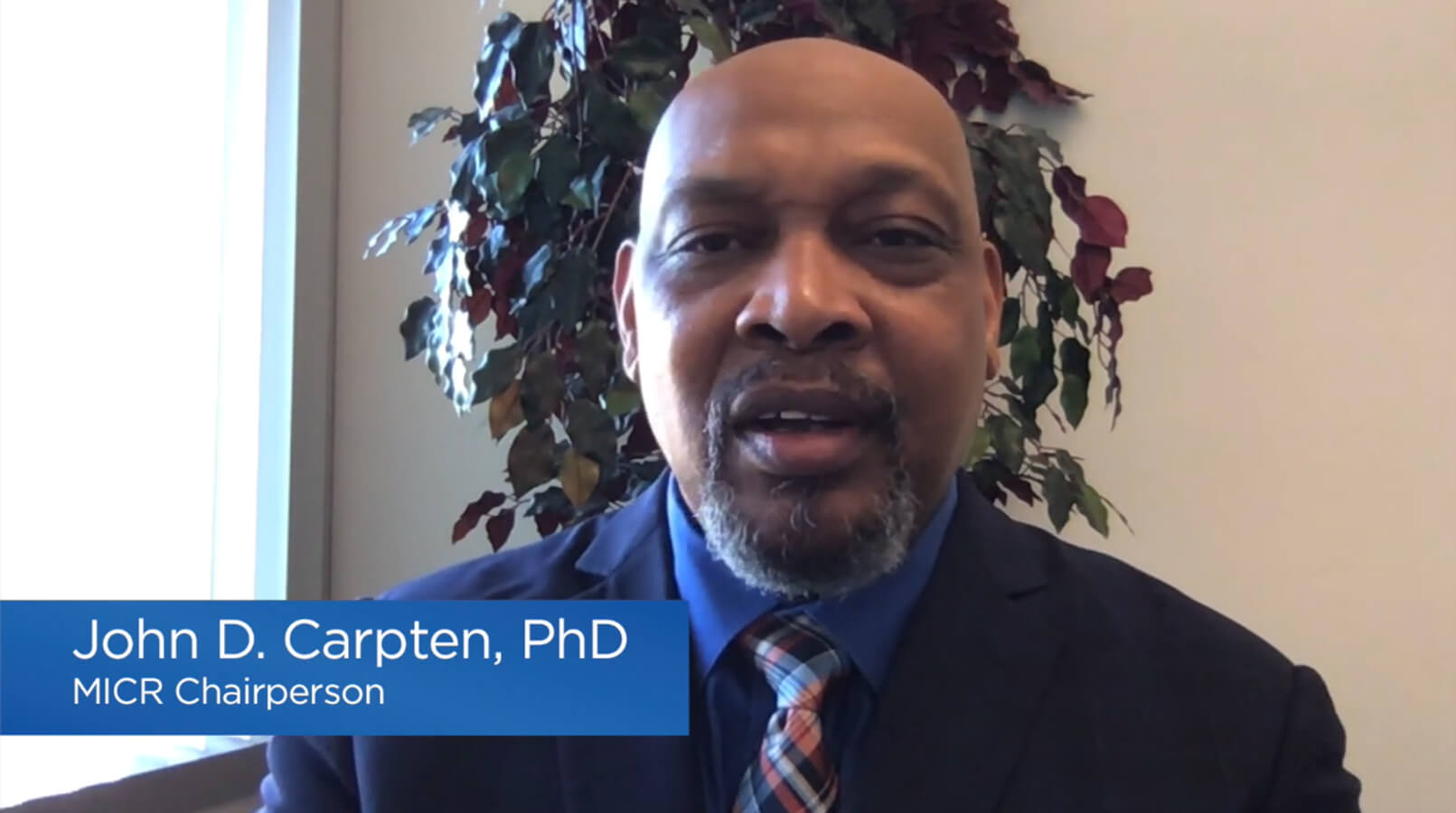
- Eliminating Racism and Racial Inequities in Cancer Research: A Call to Action. In concert with the AACR’s statement against racial discrimination and inequality, the MICR Council released its own call to action condemning racial violence and noting that racism is a public health crisis. The Council called for the elimination of cancer health disparities and for an acknowledgment of the contributions of minority investigators to cancer research.
- Education and Training. During the virtual AACR Annual Meeting in June, MICR recognized the achievements of 33 outstanding minority investigators through its two award programs, the Minority Scholar Awards and the Minority and Minority-Serving Institution Faculty Scholar Awards. In October, during the AACR Conference on the Science of Cancer Health Disparities, MICR hosted two virtual career development sessions, a Town Hall on "Career Development Challenges in the COVID-19 Era," and a Professional Advancement Session titled “Successful Keys to Navigating Public and Private Partnerships.”
- AACR-MICR Jane Cooke Wright Memorial Lectureship. The lectureship highlights an outstanding scientist who has made meritorious contributions to the field of cancer research and who has, through leadership or by example, furthered the advancement of minority investigators in cancer research. The 2020 edition of the lectureship recognized Lisa A. Newman, MD, MPH, chief of the Section of Breast Surgery at New York-Presbyterian/Weill Cornell Medical Center, and leader of the multidisciplinary breast oncology programs at the New York-Presbyterian David H. Koch Center. Dr. Newman presented her lecture, titled “Genetics and Genomics in Studying Breast Cancer Disparities Related to African Ancestry: Oncologic Anthropology,” during the virtual AACR Annual Meeting in June.
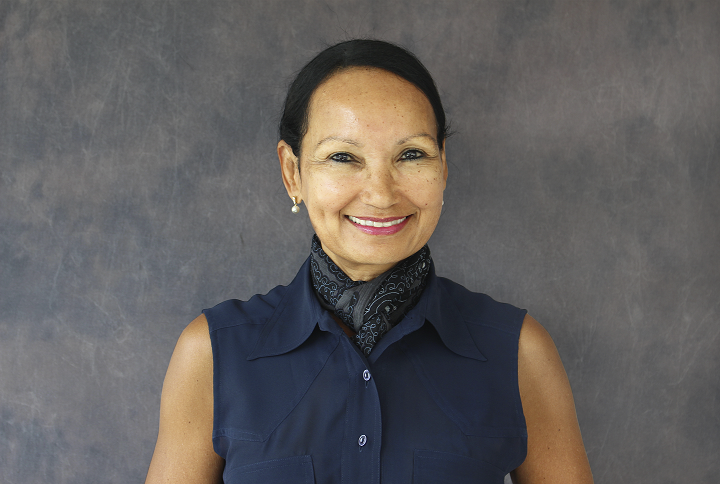
Women in Cancer Research (WICR; 2020 Council Chair: Marcia Cruz-Correa, MD, PhD)
WICR is a membership group within the AACR committed to recognizing women’s scientific achievements and fostering their career development and advancement in cancer research.
- Education and Training. During the virtual AACR Annual Meeting in June, WICR recognized the achievements of nine outstanding female investigators in training with the presentation of the WICR Scholar Awards.
- AACR-WICR Charlotte Friend Memorial Lectureship. This lectureship recognizes an outstanding investigator who has made meritorious contributions to the field of cancer research and who has, through leadership or example, furthered the advancement of women in science. The 2020 edition of the lectureship honored Patricia S. Steeg, PhD, codirector of the Office of Translational Resources and associate director of the Center for Cancer Research at the NCI. Dr. Steeg presented her lecture, titled “Leveraging Biologic Insights to Prevent and Treat Head and Neck Cancer," at the virtual AACR Annual Meeting II in June.
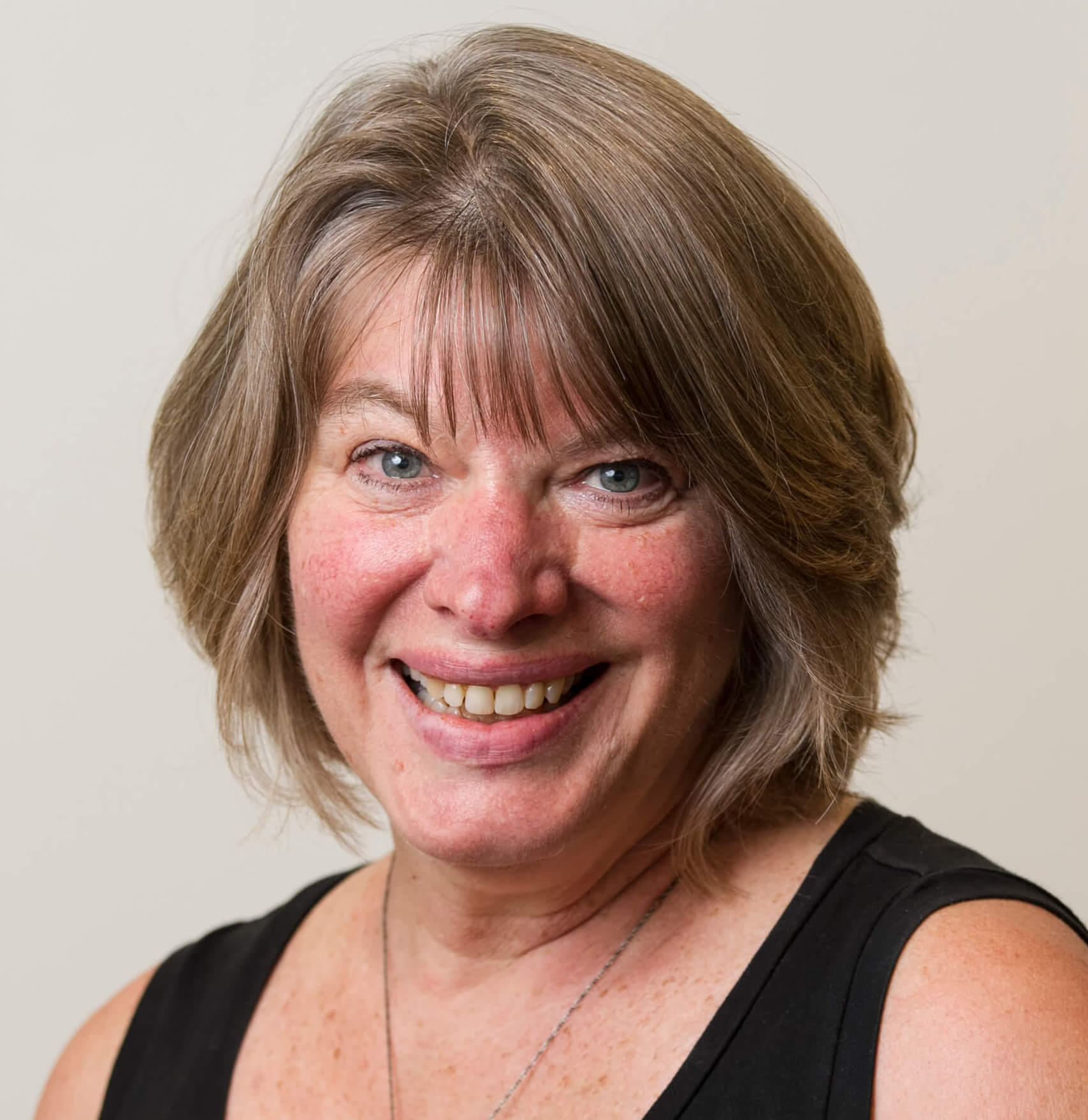
Associate Member Council (AMC; 2020 Council Chair: Maeve Mullooly, PhD, MPH)
AMC serves as the leadership body for AACR associate members, who consist of graduate students, medical students and residents, and clinical and postdoctoral fellows. The Council develops programs that address the particular needs of early-career scientists.
- Early-Career Hill Day. In February, the Council brought 16 Associate Members to Washington, D.C., for the fifth annual AACR Early-Career Hill Day. The early-career scientists visited the offices of their senators and representatives and asked them to support continued robust funding for the NIH and NCI.
